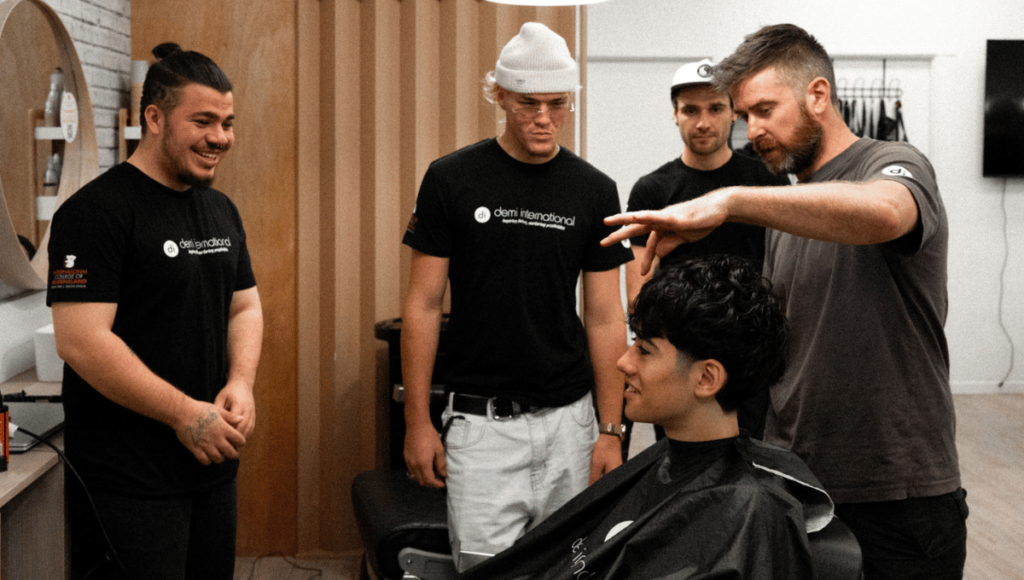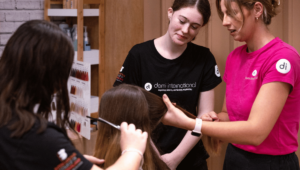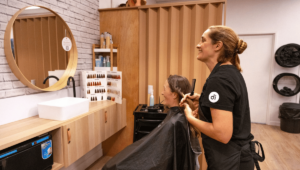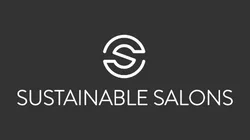The timeless appeal of visiting the barber is now trendier and more inclusive than ever. Services like cuts, shaving and facial grooming are just a few of the ways these hair experts give you a fresh look, thanks to their specialised skills.
If giving customers a boost of confidence is part of your career goals, learning how to become a barber could be your next step. As a profession that embraces more than just hair care and cuts, it’s a rewarding and creative pathway to pursue.
Today, we’ll cover everything you need to know about becoming a barber, including the typical duties of the job and the skills needed to succeed. Plus, we explore the study and training pathways to take you there and the fantastic professional outcomes that await.
What does a barber do?
Barbering is a craft dating back to Ancient Egypt, although it looked slightly different then. Traditionally, trained professionals provided more than just hair care; performing surgeries and religious ceremonies for the men who visited them.
Thankfully, today, barbers are more focused on the former. They cut and style hair, perform facial grooming and make their customers look and feel their best. And better still, the traditional male-centred barbershop has become more inclusive and versatile than ever.
Always wondered what it’s like to work as a barber? Here’s an idea of what a standard day in this career could include:
- Cutting or trimming your client’s hair
- Grooming their facial hair with shaving, trimming and styling
- Colouring and treating client’s hair
- Keeping your workstation and salon clean
- Chatting with clients as you work
- Taking payments and making bookings
Once you’re proficient in the everyday duties of a barber, a world of professional opportunities opens up for you.
What are the career options for a barber?
Far from being a one-dimensional career, professional barbers are versatile enough to work in various settings and roles. Once your barber’s course is complete and you have the right skills, here are a few options to consider.
- Freelance barber
- Barbershop manager or owner
- Salon or spa barber
- Barbering instructor or trainer
- Hotel or cruise ship barber
- Nursing home or retirement village barber
- Government-employed barber for hospitals and prisons
Sometimes, delving into the world of barbering might lead you to want to become a hairdresser instead. And for many, they enjoy a versatile career doing both. If colours, cuts, washing and blow drying sound more up your alley, there are other courses you can explore — like our Certificate III in Hairdressing.
Barbering course or apprenticeship: which is best for you?
Thankfully, there’s more than one option for how to become a barber in Australia. If your career goal is to become a qualified barber, you can complete a Certificate III to become skilled or spend longer doing an apprenticeship.
So, how long does it take to become a barber, and what’s the difference between these two options? Let’s explore.
Completing a barbering certificate course
To become a professional barber in Australia, you need only an entry-level qualification, like Demi International’s Certificate III in Barbering. You’ll learn from hands-on experience and study the foundations of the trade, all under the guidance of an expert trainer. And as recent recipients of the Queensland Training Awards’ Small Training Provider of the Year, you know you’re in good hands.
Another upside of completing a Certificate III in Barbering with Dem International? You can fast-track your career with in-depth training and education. The course takes just 18 months to complete, meaning you can open your own barbering business or start working in a salon or barbershop in a shorter time.
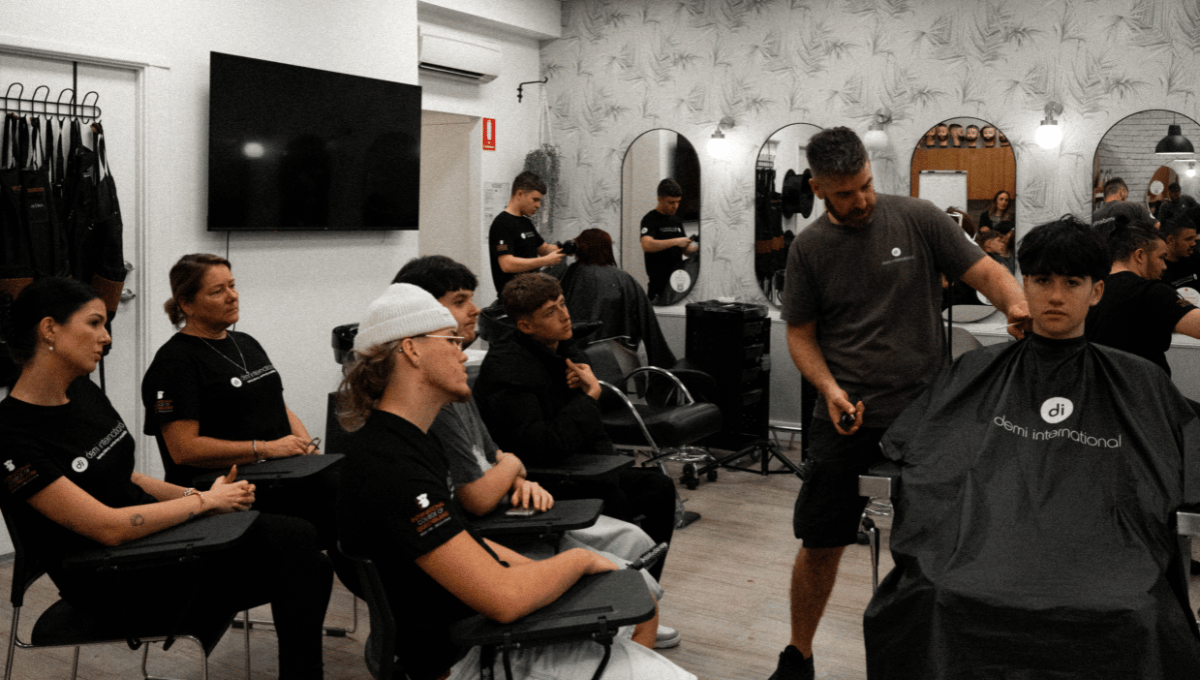
Our barbering certificate course is available at all six Demi Campuses, and students only need to attend on campus one day per week. You’ll complete the rest through self-supported study, with seven hours of commitment a week required over five terms. As our courses are based around school terms, it’s easy to balance work, life, study and family.
Doing a barbering apprenticeship
Apprenticeships have been a traditional route for students studying a trade in Australia. Barbering and hairdressing apprenticeships might suit someone who prefers learning on the job or would like to earn an apprentice’s wage as they train.
However, the biggest disadvantage of this pathway is its length. You’ll need to train for three full years before becoming qualified to work independently, and many are eager to get started sooner. Not keen on waiting? Our fast-track hairdressing course could be more your speed.
How much do barbers make?
As a qualified barber, the world is your oyster. Depending on where and how you work, you expect to earn between $65,000 and $75,000, with even more earnings possible as your career evolves and opportunities arise.
Still considering the barbering apprenticeship route? If you decide to train as an apprentice for three years first instead, your pay rate falls under the Hair and Beauty Award for apprentices. Currently, this starts at $13.09 an hour for juniors and $20.95 for adults.
What skills and values should a barber have?
Sure, being able to perform an exceptional haircut and facial grooming is one part of this career, but learning how to become a barber is so much more than technical skills. Here are some of the other basic barber skills you’ll need to set yourself up for success:
- Creativity and passion: Barbers must love what they do and be creative in their work. Not many jobs allow you to unleash your creative side like barbering, which is one of its biggest appeals.
- A love for community: As a barber, you’ll play an important role in your community and continue to build relationships over the years.
- Flexibility: You’ll benefit from working the hours and days that suit you best. You’ll also need to be adaptable and understand that things change.
- Customer service: Speaking with clients, rectifying issues and providing exceptional service are all part of the job, so excellent communication skills are necessary.
- Stamina: You’ll be on your feet in this highly physical job most of the day.
How else can you guarantee success as a barber?
Your barbering skills will grow as you gain more experience, and you can learn all these abilities. But beyond the right qualifications and values, you can do these things to give yourself the best start.
- Find a mentor: Some barbers in training find it invaluable to have a mentor to guide them through the early stages of their careers. Whether this is someone at work or outside of it, having someone you look up to who offers advice can help.
- Develop a portfolio: Take photos of your work and market yourself. An online portfolio is the easiest way to share your talents with others and make connections in the barbering industry.
- Explore innovations in barbering: Social media is a great way to discover trends and innovations. Get active online and stay passionate about barbering by discovering what other people in the industry are up to.
A rewarding and creative career starts here
Like any amazing career path, barbering is a skill that takes time, experience and guidance to master. But with Demi International, it’s easier and more accessible than ever. Our Course Advisors are here to help you jump-start your career, so get in touch today.

